Posttraumatic Stress Disorder in Childhood and Adolescence: A Developmental Psychopathology Perspective
$31.46
Description
With the publication of the new Diagnostic and Statistical Manual of Mental Disorders (DSM-5), and the recent release of the draft diagnostic criteria to be used in the forthcoming International Classification of Diseases (ICD-11), students, researchers, and clinicians are in need of an authoritative and practical guide to understanding the diagnosis of posttraumatic stress disorder (PTSD) in childhood and adolescence. This is particularly the case given that, other than designating a separate diagnosis with a smaller number of symptoms for preschoolers, these new diagnostic compendia provide little information regarding developmental differences in the onset, expression, and course of the disorder. Child and adolescent mental health professionals-whether they are students in training, practitioners, or scientists-will benefit from this book’s summaries of the available research on PTSD in young persons, descriptions of how the expression and consequences of PTSD might change across developmental periods, and suggested strategies for differential diagnosis between PTSD and other disruptive behavioral and emotional disorders that present with overlapping symptoms across childhood and adolescence. The author also discusses cutting-edge issues, such as the constructs of posttraumatic growth and resilience, and summarizes the evidence base for treatments focused on alleviating PTSD in young persons through interventions targeting the individual youth, the family, and their larger ecological contexts.
Author: Kerig, Patricia K
Topic: Psychology
Media: Book
ISBN: 1606509292
Language: English
Pages: 192
Additional information
| Weight | 0.58 lbs |
|---|---|
| Dimensions | 9 × 6 × 0.41 in |


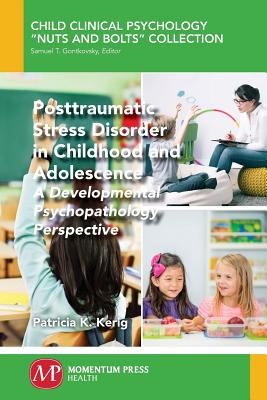
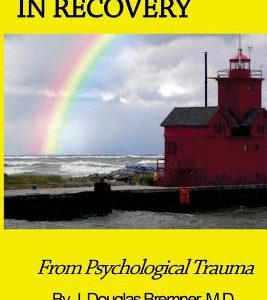
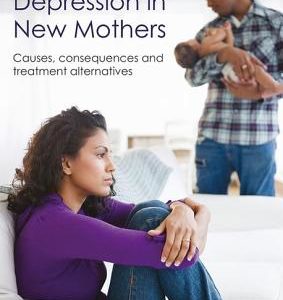
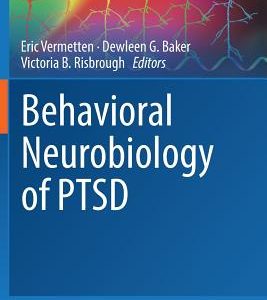

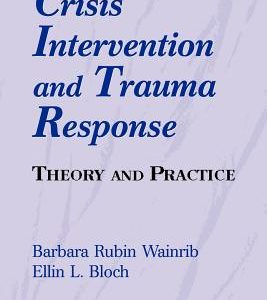

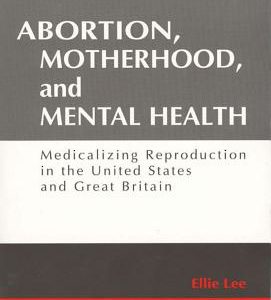
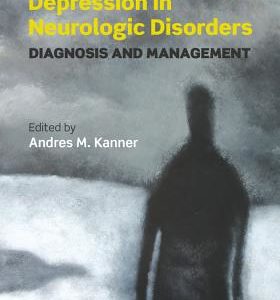
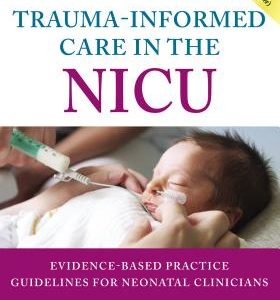
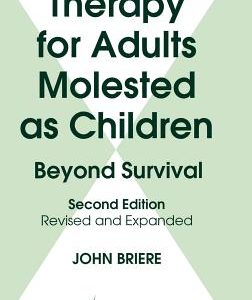
Reviews
There are no reviews yet.